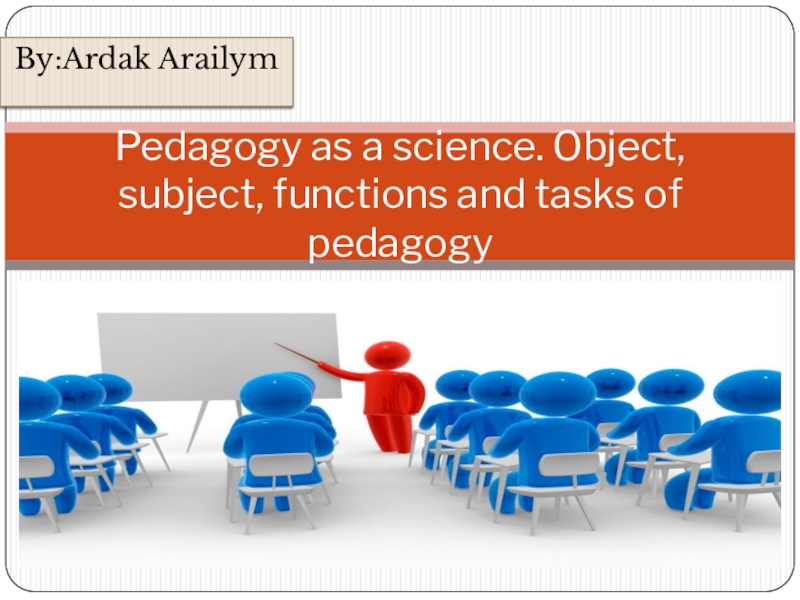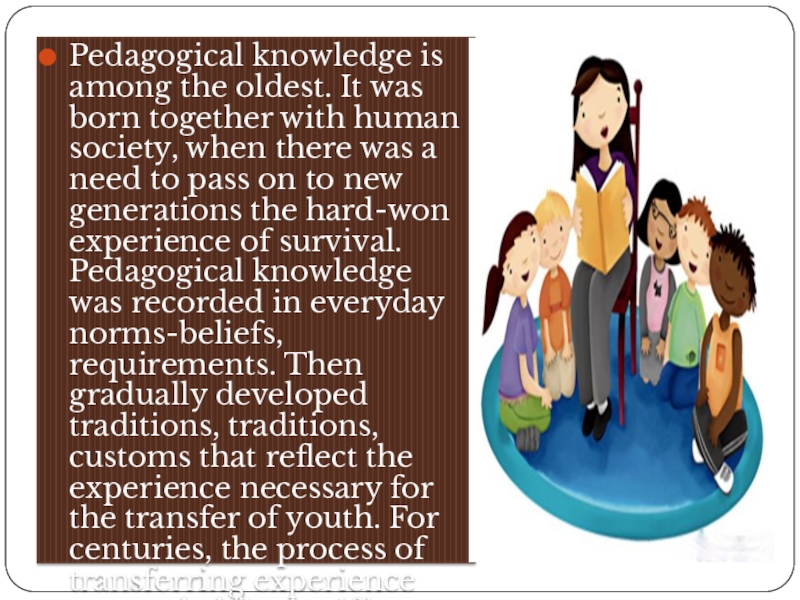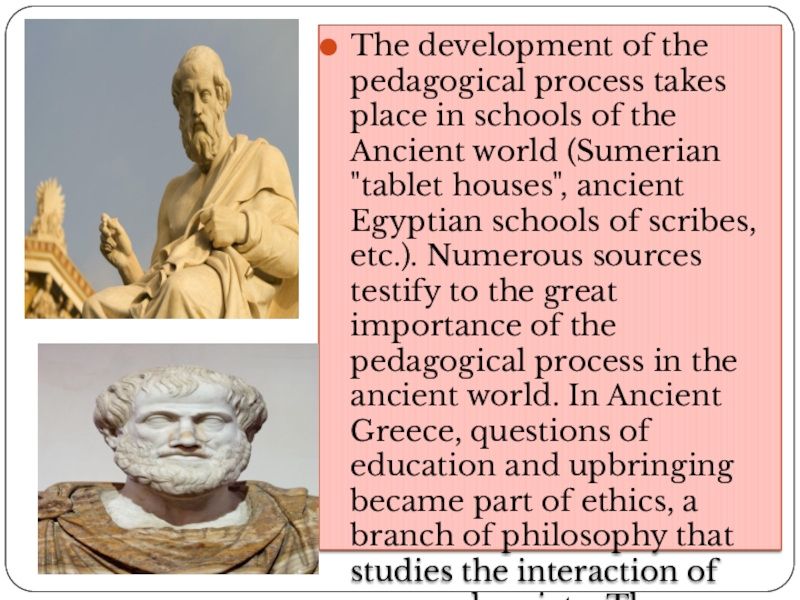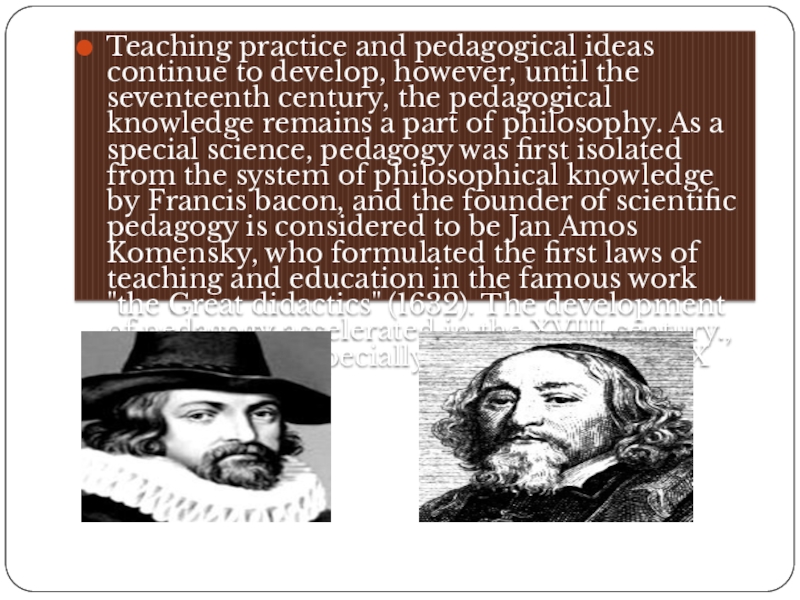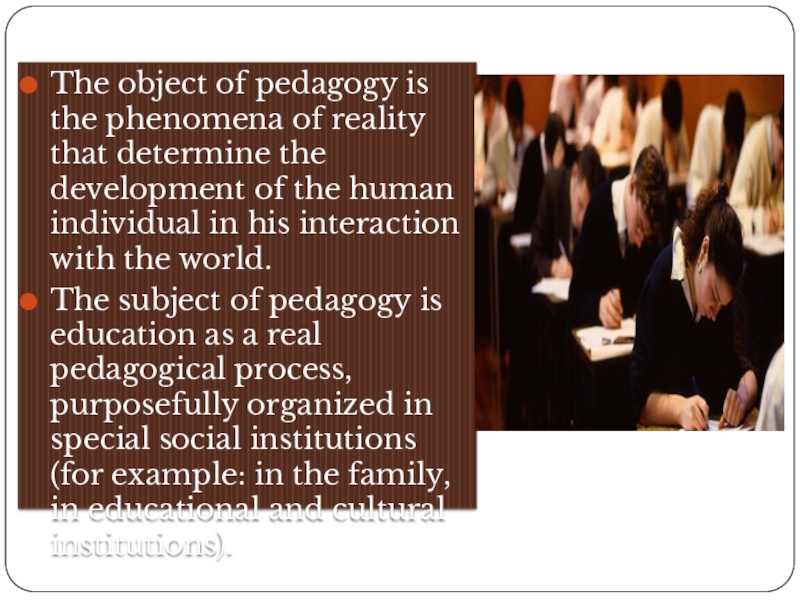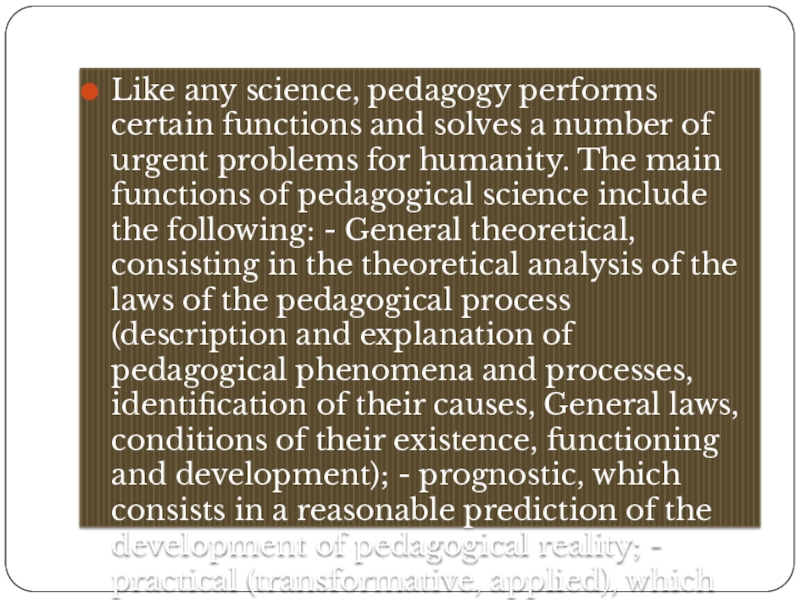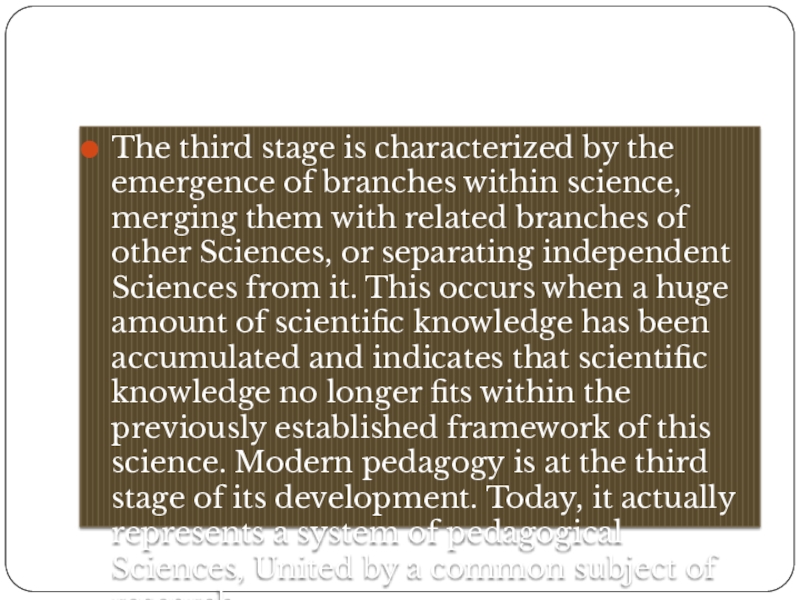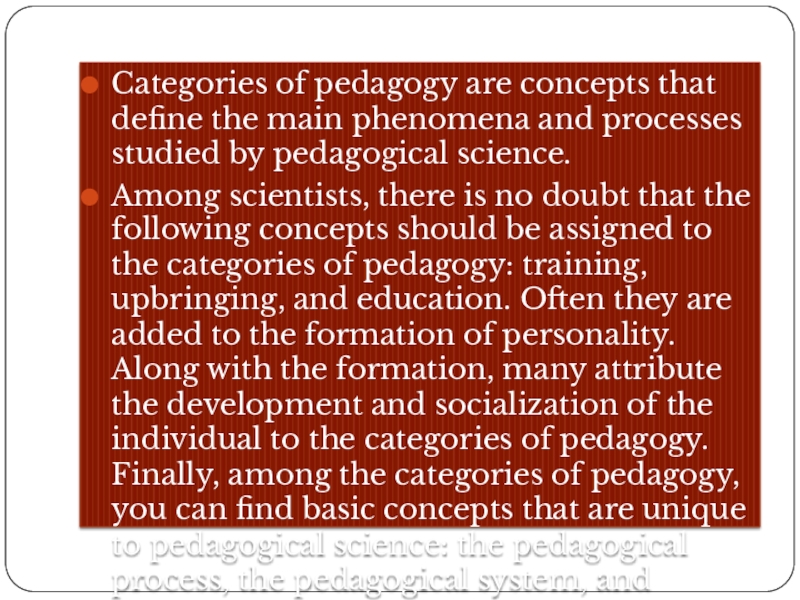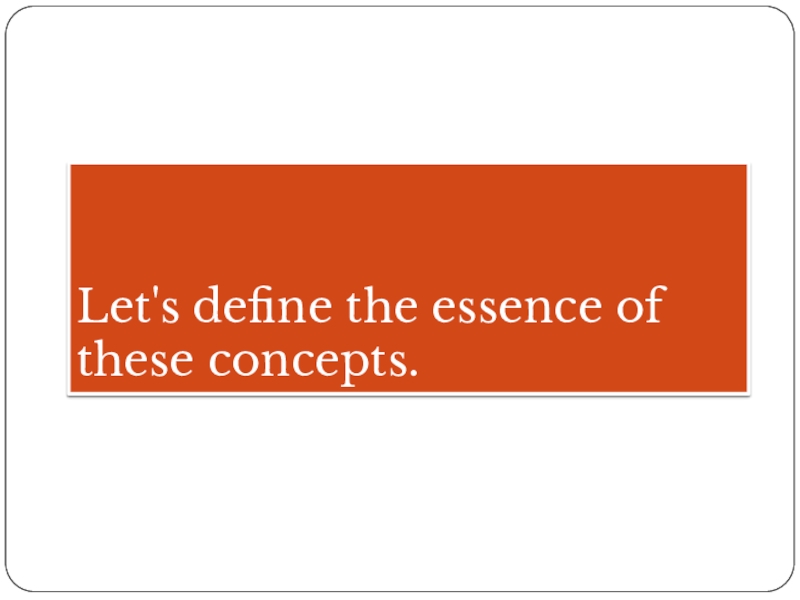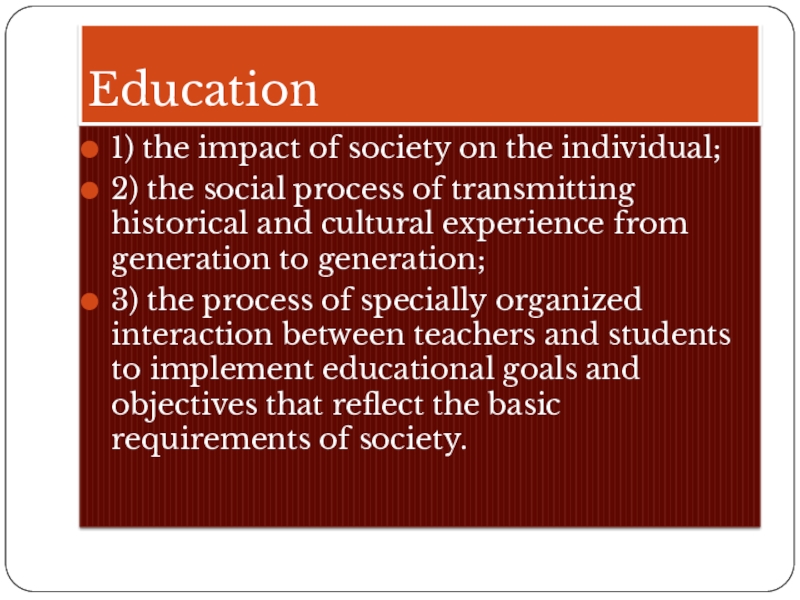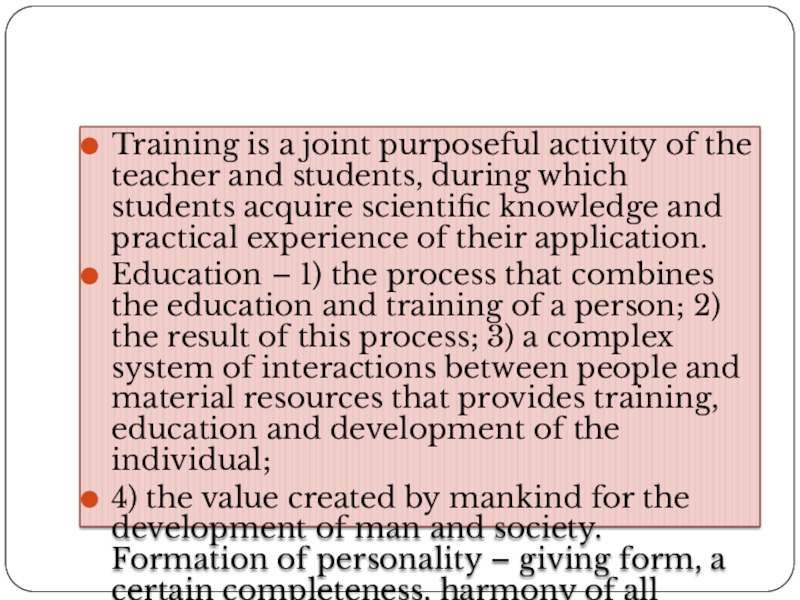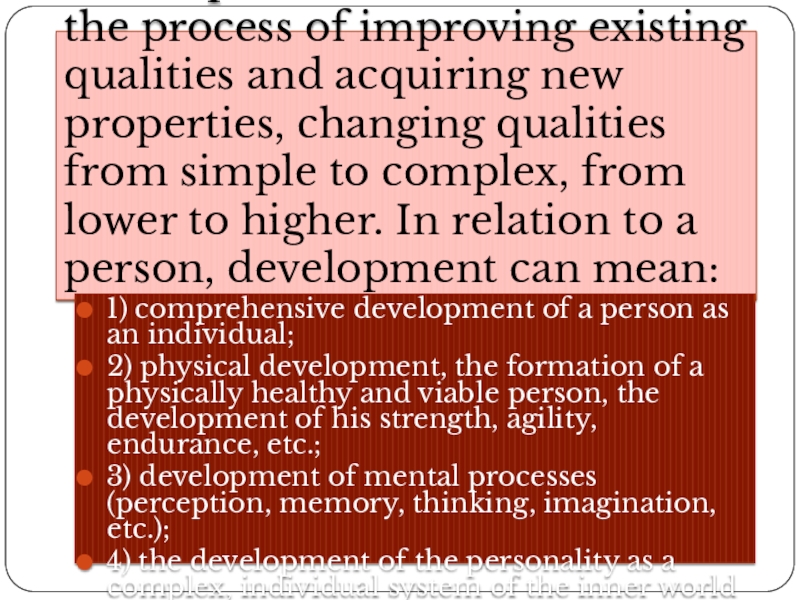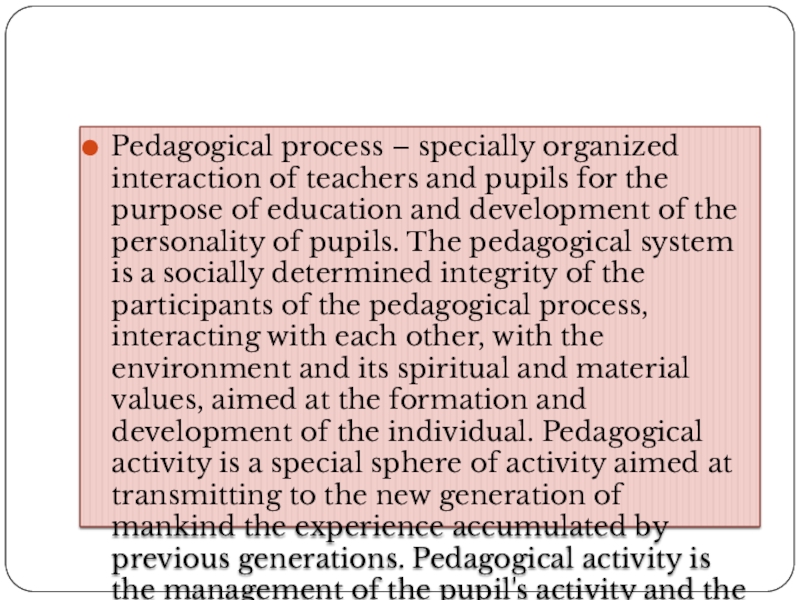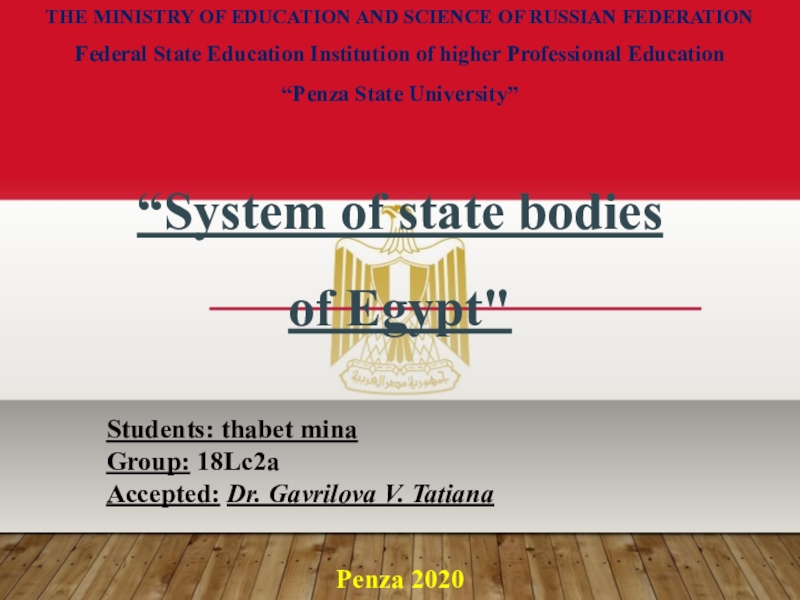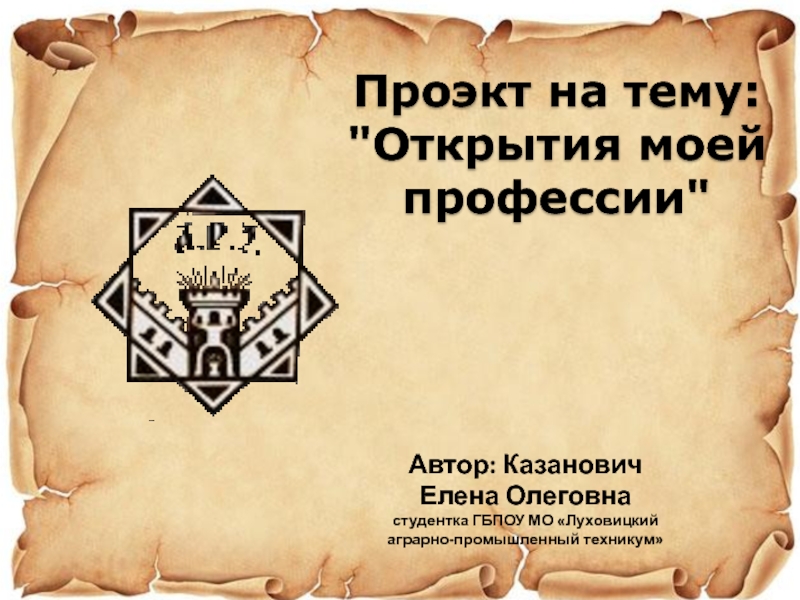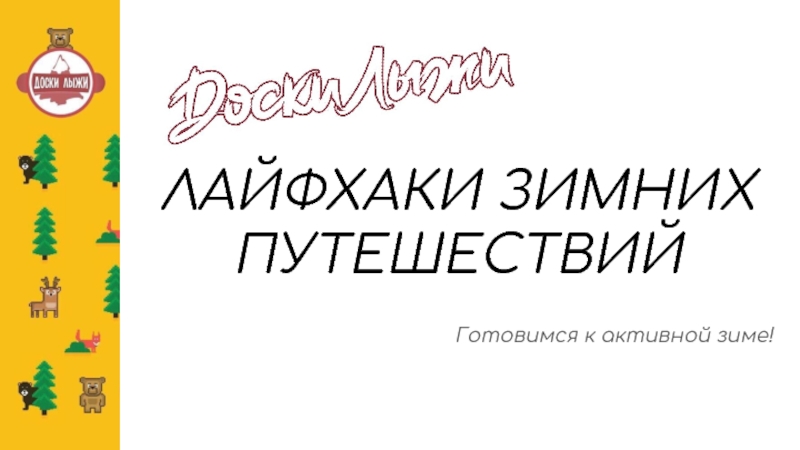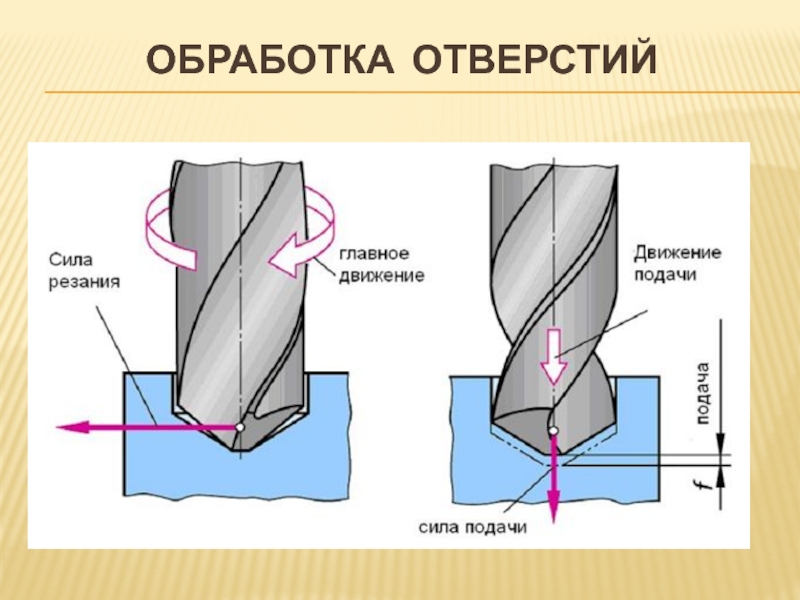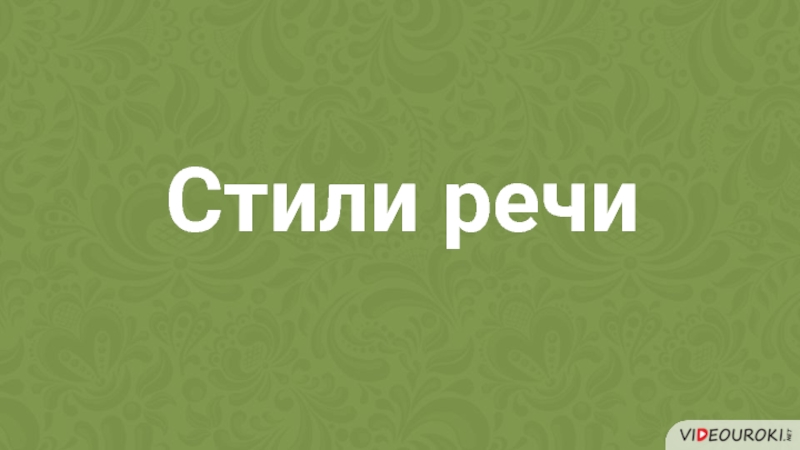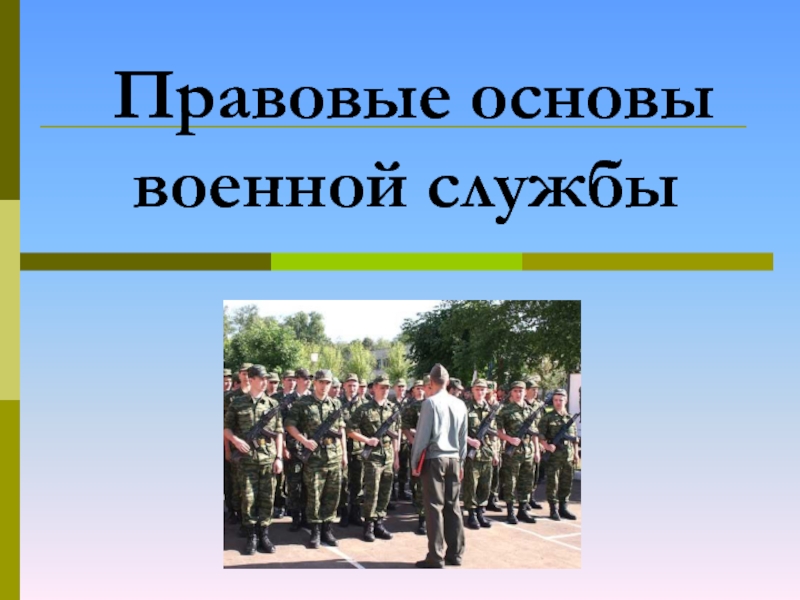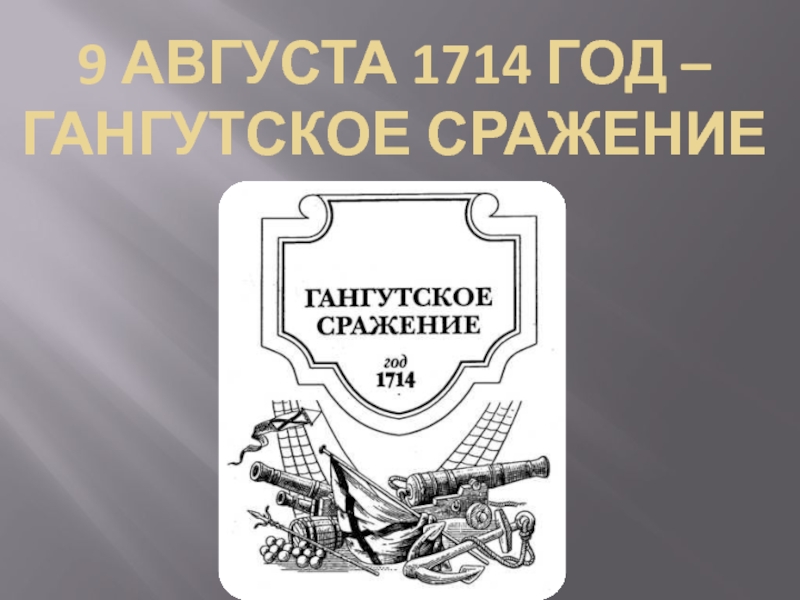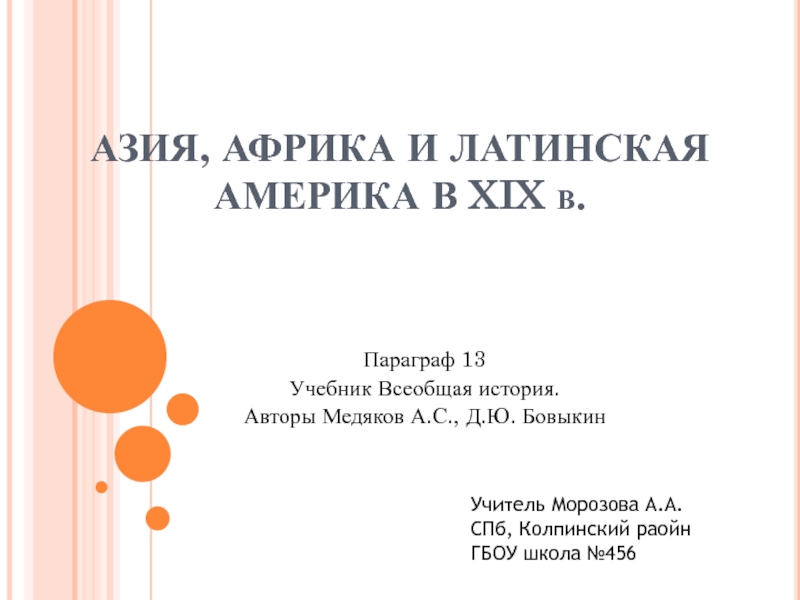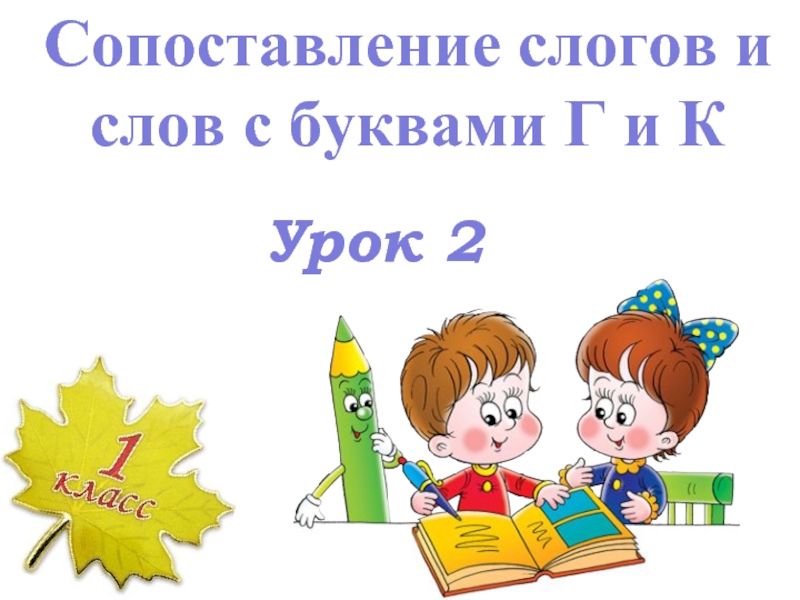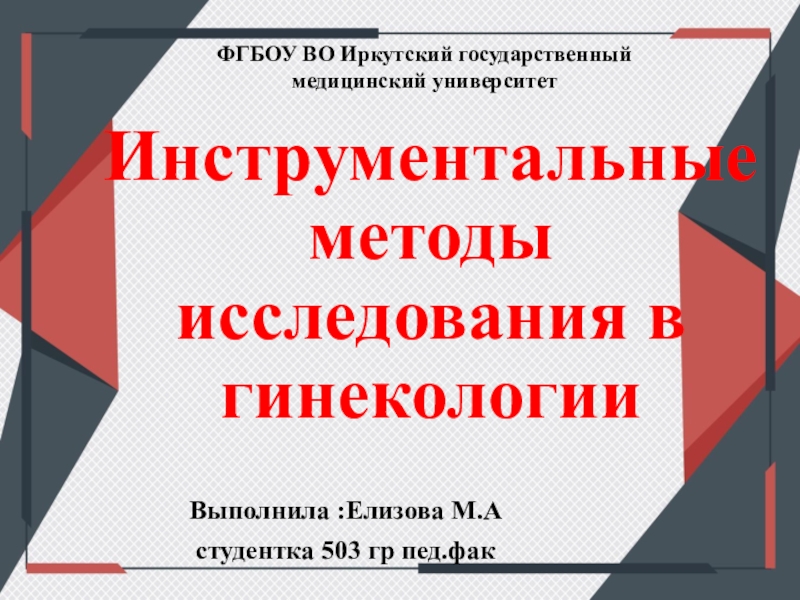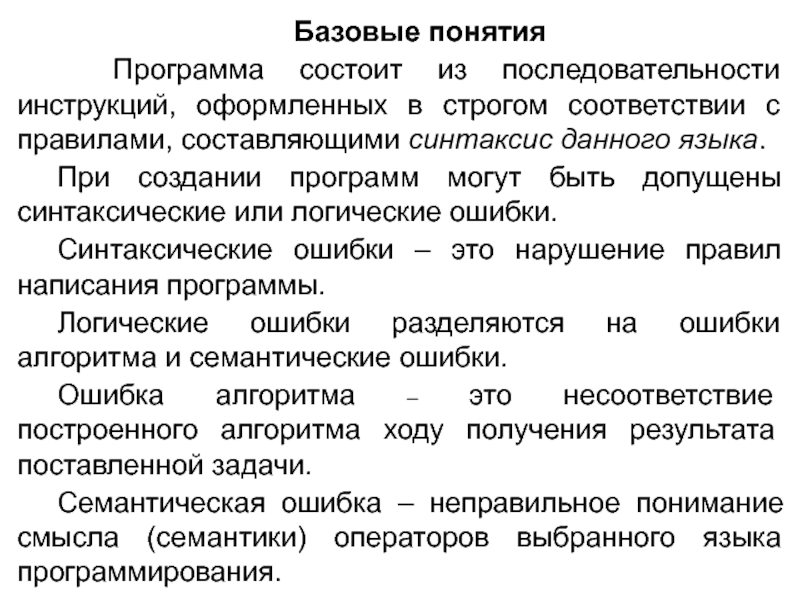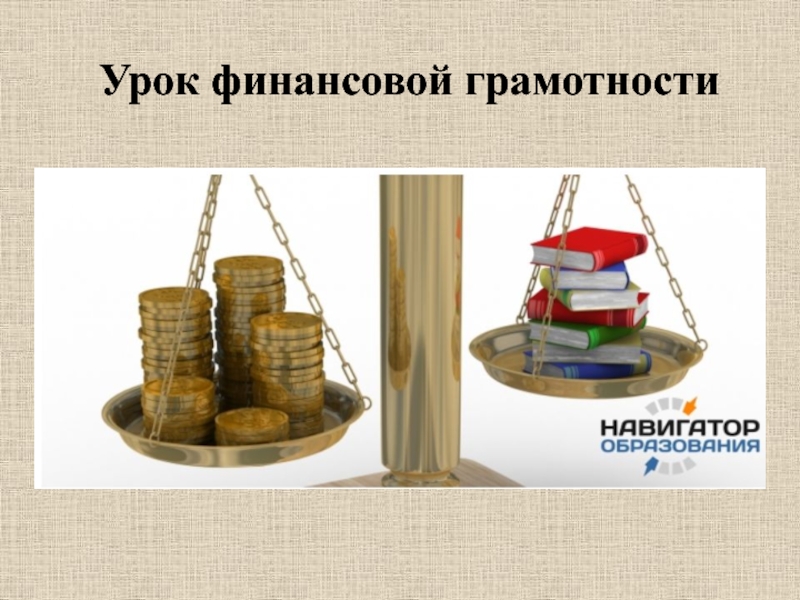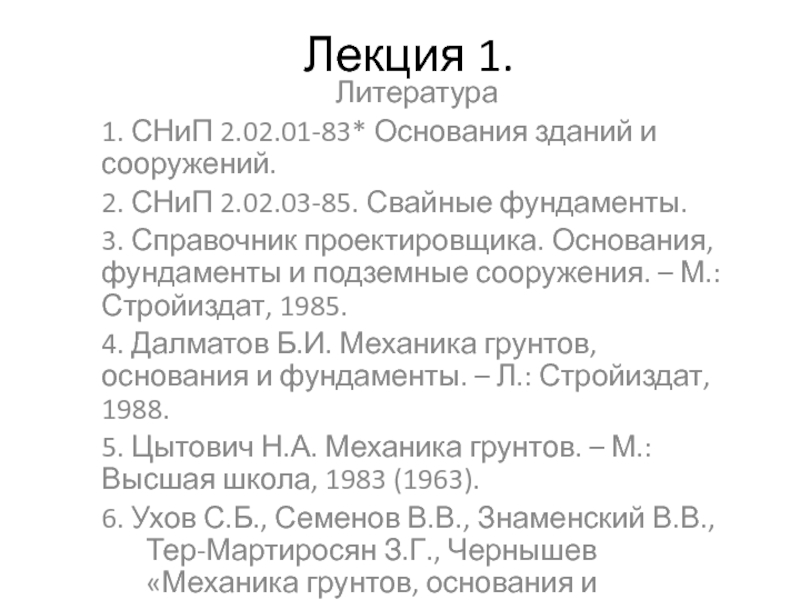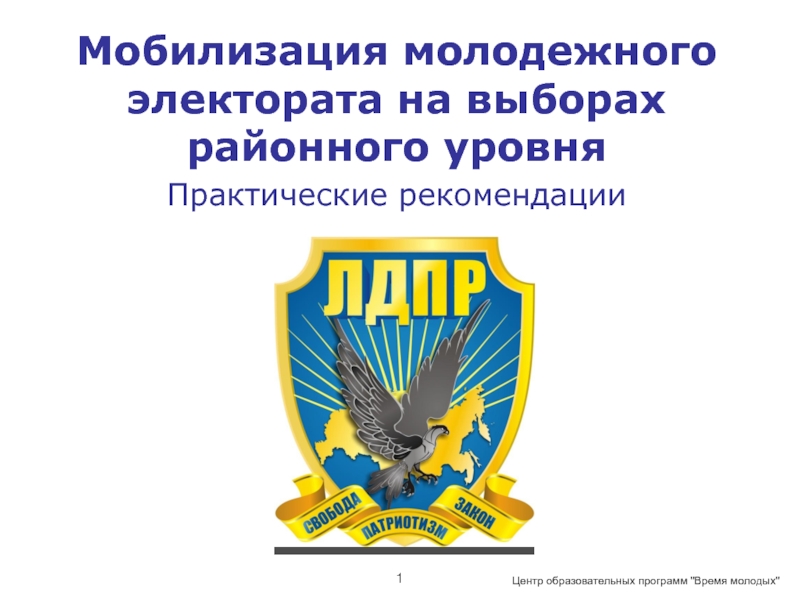Разделы презентаций
- Разное
- Английский язык
- Астрономия
- Алгебра
- Биология
- География
- Геометрия
- Детские презентации
- Информатика
- История
- Литература
- Математика
- Медицина
- Менеджмент
- Музыка
- МХК
- Немецкий язык
- ОБЖ
- Обществознание
- Окружающий мир
- Педагогика
- Русский язык
- Технология
- Физика
- Философия
- Химия
- Шаблоны, картинки для презентаций
- Экология
- Экономика
- Юриспруденция
Pedagogy as a science. Object, subject, functions and tasks of pedagogy
Содержание
- 1. Pedagogy as a science. Object, subject, functions and tasks of pedagogy
- 2. Pedagogical knowledge is among the oldest. It
- 3. The development of the pedagogical process takes
- 4. Teaching practice and pedagogical ideas continue to
- 5. The object of pedagogy is the phenomena
- 6. Like any science, pedagogy performs certain functions
- 7. Main tasks of pedagogy:- identify patterns of
- 8. Structure of pedagogical scienceThe first stage is
- 9. The second stage involves identifying patterns, formulating
- 10. The third stage is characterized by the
- 11. Social pedagogy develops problems of the influence
- 12. Correctional (special) pedagogy studies the education and
- 13. Ethnopedagogics explores the experience of popular education.
- 14. Categories of pedagogy are concepts that define
- 15. Let's define the essence of these concepts.
- 16. Education1) the impact of society on the
- 17. Training is a joint purposeful activity of
- 18. Development in a broad sense is the
- 19. Socialization of a person is the process
- 20. Pedagogical process – specially organized interaction of
- 21. thank you for your attention
- 22. Скачать презентанцию
Слайды и текст этой презентации
Слайд 2Pedagogical knowledge is among the oldest. It was born together
with human society, when there was a need to pass
on to new generations the hard-won experience of survival. Pedagogical knowledge was recorded in everyday norms-beliefs, requirements. Then gradually developed traditions, traditions, customs that reflect the experience necessary for the transfer of youth. For centuries, the process of transferring experience proceeded "by itself", without needing special study.Слайд 3The development of the pedagogical process takes place in schools
of the Ancient world (Sumerian "tablet houses", ancient Egyptian schools
of scribes, etc.). Numerous sources testify to the great importance of the pedagogical process in the ancient world. In Ancient Greece, questions of education and upbringing became part of ethics, a branch of philosophy that studies the interaction of man and society. These questions occupy an important place in the work of Socrates, in the writings of Plato and Aristotle.Слайд 4Teaching practice and pedagogical ideas continue to develop, however, until
the seventeenth century, the pedagogical knowledge remains a part of
philosophy. As a special science, pedagogy was first isolated from the system of philosophical knowledge by Francis bacon, and the founder of scientific pedagogy is considered to be Jan Amos Komensky, who formulated the first laws of teaching and education in the famous work "the Great didactics" (1632). The development of pedagogy accelerated in the XVIII century., and becomes especially rapid in the XIX-XX centuries.Слайд 5The object of pedagogy is the phenomena of reality that
determine the development of the human individual in his interaction
with the world.The subject of pedagogy is education as a real pedagogical process, purposefully organized in special social institutions (for example: in the family, in educational and cultural institutions).
Слайд 6Like any science, pedagogy performs certain functions and solves a
number of urgent problems for humanity. The main functions of
pedagogical science include the following: - General theoretical, consisting in the theoretical analysis of the laws of the pedagogical process (description and explanation of pedagogical phenomena and processes, identification of their causes, General laws, conditions of their existence, functioning and development); - prognostic, which consists in a reasonable prediction of the development of pedagogical reality; - practical (transformative, applied), which provides improvement of pedagogical practice on the basis of fundamental knowledge.Слайд 7Main tasks of pedagogy:
- identify patterns of education, patterns, manifested
in the relationship of education and training in a holistic
educational process, as well as the laws of education management; - study and generalization of pedagogical practice, experience of pedagogical activity; - development of new ways and means of training, education, and management of educational structures; - forecasting the development of education in the near and distant future; - introduction of the results of pedagogical research into the practice of education.Слайд 8Structure of pedagogical science
The first stage is the accumulation of
knowledge and experience in their practical application. Scientific knowledge expands,
adding new established facts. However, the structure of science has not yet been defined, the methodology of scientific research has not been developed, and key links between established facts have not been identified. Therefore, scientific knowledge eventually becomes cumbersome, inconvenient for practical use, reliable information in it side by side with erroneous conclusions.Слайд 9The second stage involves identifying patterns, formulating General laws and
principles, and developing a scientific methodology. Knowledge of the General
laws that govern the phenomena and processes under study allows you to "collapse" scientific knowledge, makes science more accessible to understanding and repeatedly increases the possibilities of its application. For example, knowing one General law that explains 1000 previously established facts not only frees you from having to remember all these facts, but makes it possible to predict the 1001st fact based solely on scientific knowledge.Слайд 10The third stage is characterized by the emergence of branches
within science, merging them with related branches of other Sciences,
or separating independent Sciences from it. This occurs when a huge amount of scientific knowledge has been accumulated and indicates that scientific knowledge no longer fits within the previously established framework of this science. Modern pedagogy is at the third stage of its development. Today, it actually represents a system of pedagogical Sciences, United by a common subject of research.Слайд 11Social pedagogy develops problems of the influence of society on
the formation and development of personality. It includes the following
industries: - family pedagogy that deals with issues of education in the family; - pedagogy of labor collectives; - penitentiary (correctional) pedagogy, which includes the problems of education and re-education of persons who have violated the law, held in penitentiary (correctional) institutions.Слайд 12Correctional (special) pedagogy studies the education and upbringing of children
with physical and psychophysiological developmental disabilities. In its structure there
are traditionally…- defectology (studies issues of education and upbringing of children with mental retardation); - speech therapy or speech therapy (correction of speech defects); - sign language education (education of the deaf and hard of hearing)
; - tiflopedagogics (education of visually impaired and blind children); -
Oligophrenopedagogics (education of the mentally retarded).
Слайд 13Ethnopedagogics explores the experience of popular education. Comparative pedagogy studies
education in different countries of the world, compares it and
highlights its content and organizational features. Private (subject) methods deal with the teaching of individual academic disciplines. So, modern pedagogy has a branched structure, due to the large amount of accumulated knowledge and a variety of connections with other Sciences, with different needs of the individual and society.Слайд 14Categories of pedagogy are concepts that define the main phenomena
and processes studied by pedagogical science.
Among scientists, there is no
doubt that the following concepts should be assigned to the categories of pedagogy: training, upbringing, and education. Often they are added to the formation of personality. Along with the formation, many attribute the development and socialization of the individual to the categories of pedagogy. Finally, among the categories of pedagogy, you can find basic concepts that are unique to pedagogical science: the pedagogical process, the pedagogical system, and pedagogical activity.Слайд 16Education
1) the impact of society on the individual;
2) the
social process of transmitting historical and cultural experience from generation
to generation;3) the process of specially organized interaction between teachers and students to implement educational goals and objectives that reflect the basic requirements of society.
Слайд 17Training is a joint purposeful activity of the teacher and
students, during which students acquire scientific knowledge and practical experience
of their application.Education – 1) the process that combines the education and training of a person; 2) the result of this process; 3) a complex system of interactions between people and material resources that provides training, education and development of the individual;
4) the value created by mankind for the development of man and society. Formation of personality – giving form, a certain completeness, harmony of all components of a person's personality.
Слайд 18Development in a broad sense is the process of improving
existing qualities and acquiring new properties, changing qualities from simple
to complex, from lower to higher. In relation to a person, development can mean:1) comprehensive development of a person as an individual;
2) physical development, the formation of a physically healthy and viable person, the development of his strength, agility, endurance, etc.;
3) development of mental processes (perception, memory, thinking, imagination, etc.);
4) the development of the personality as a complex, individual system of the inner world of a person, the acquisition of new personal qualities.
